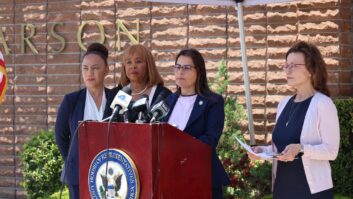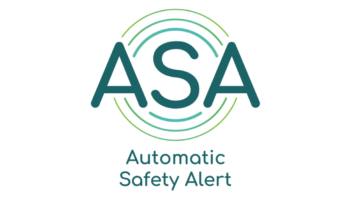The Multicultural Media, Telecom and Internet Council is proposing a compromise on the issue of how to help non-English-speaking radio listeners in the United States get crucial emergency information after a natural disaster.
MMTC representatives met last month with Federal Communications Commission officials to discuss it. In a letter summarizing the meeting, the organization reiterated its belief that an entirely voluntary system of multilingual emergency alerts is not enough to ensure that broadcast stations are providing useful alerts to their communities.
A voluntary system is favored by the National Association of Broadcasters. In contrast, the MMTC has argued for a process that it calls the “radio station designated-hitter system,” in which English-language radio stations would partner with non-English stations in their markets and provide news and information if the non-English station is knocked off the air.
In a past response, the NAB described the idea as well-intentioned but ill-conceived, pressing the FCC to instead help non-English stations improve their own resiliency.
The MMTC has rebutted that assessment before, saying that a fully volunteer proposal is unproductive.
Now it says that a hybrid approach could be useful. Its suggestion is to combine the NAB’s volunteer approach with what the MMTC called a “regulatory backstop” that assigns a designated hitter station in markets where no one has volunteered.
In their discussion with FCC staff about how such a program would be implemented, the organization suggested that a rulemaking proceeding could help establish the criteria that a station would need to serve as a designated hitter station. A broadcaster who has volunteered would need to provide notice to the community. And in markets without a volunteer, the commission would hold a lottery or contact broadcasters directly for volunteers.







